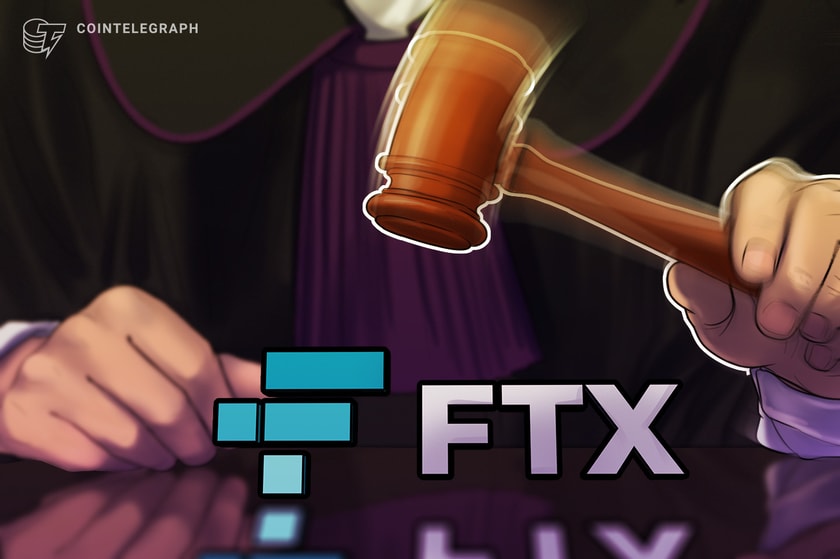Iran set to freeze bank accounts of women who refuse to wear a hijab
Iran’s plan to freeze bank accounts reinforces the need for decentralized currencies to exist in tandem with cash and CBDCs.

Own this piece of crypto history
Collect this article as NFT
A member of the Iranian parliament has told local media the government plans to impose new punishments on women who do not wear a hijab in public, with individuals who refuse to comply after two warnings possibly having their bank accounts frozen.
Hossein Jalali, a member of the Cultural Commission of the Islamic Consultative Assembly, told Iranian media on Dec. 6 that “unveiled persons” would be sent an SMS urging them to respect the law and wear a hijab before entering a “warning phase” and finally having their bank account potentially frozen.
“In the third stage, the bank account of the unveiled person may be frozen.”
Similar actions taken by governments in the past have seen protestors and dissidents turn to cryptocurrencies to continue accessing financial instruments.
Jalali did not detail what the “warning stage” entailed, he suggested there should not be “morality police” enforcing compliance with the law and other key figures have noted cameras may be used in combination with artificial intelligence to identify offenders.
Ongoing protests have occurred in Iran since Sep. 17, when an Iranian woman named Mahsa Amini was arrested by the morality police for not wearing a hijab and died in suspicious circumstances at a hospital in Tehran.
Many women are now setting fire to their hijab or refusing to wear them amidst a broader push to force the government to back down on its compulsory hijab requirements.
The threat to freeze the bank accounts of protestors parallels events in Canada earlier this year where the country’s Prime Minister Justin Trudeau invoked the Emergencies Act on Feb. 15 enabling regulators to freeze the bank accounts of members partaking in the “Freedom Convoy” protests
Some convoy protestors turned to crypto as a way to fund the movement after the fundraising platform GoFundMe removed the campaign from its website.
Iran, which has been using crypto in international trade deals since Aug. 9, has been developing its own Central Bank Digital Currency (CBDC) called the crypto rial.
Related: Kraken settles with US Treasury’s OFAC for ‘apparent’ sanctions violations
The threat from Iranian officials to freeze bank accounts to enforce compliance again highlights the risks of CBDCs and the transition to cashless economies. Nigeria on Dec. 6 banned ATM withdrawals of more than $45 a day in an attempt to force the population to use its unpopular CBDC. Transactions of decentralized cryptocurrencies by contrast are similar to cash in that they can not be censored by government officials.
CBDC critic and host of the popular YouTube channel Wall Street Silver noted in a Dec. 6 tweet that governments having absolute power over your money is a scary idea.
Sounds like another revolution in the making.
Imagine a government having a CBDC and the ability to delete your money if you don’t behave. pic.twitter.com/75ZN5hAZCr
— Wall Street Silver (@WallStreetSilv) December 6, 2022









